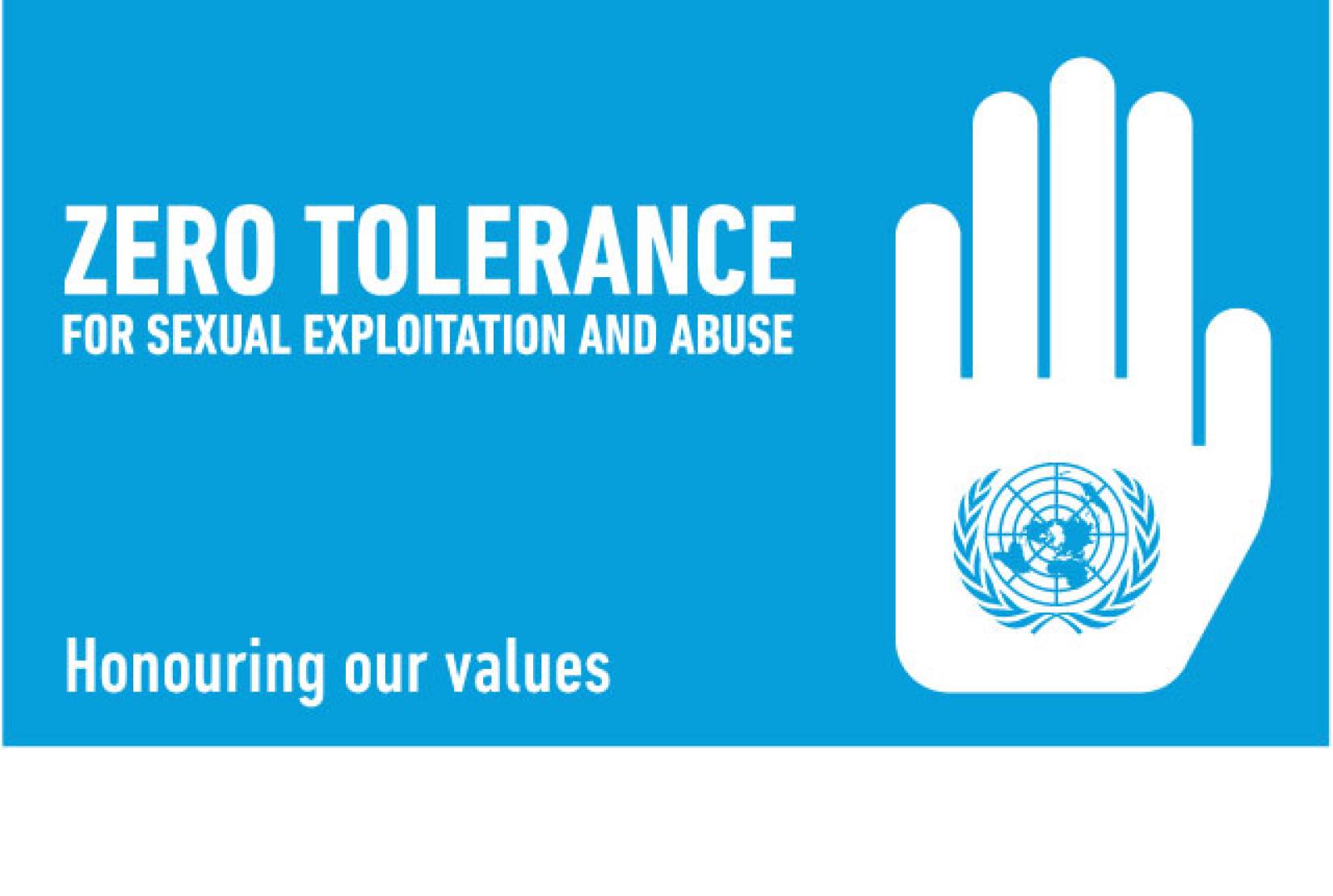ANONYMOUS REPORTS
You have the right to report anonymously. However, please note that this may limit what follow-up actions can be undertaken. If you choose to remain anonymous, please provide as much detail as possible and consider providing contact information. You can do this anonymously by providing us with a free web-based e-mail address (e.g. hotmail, yahoo, or gmail) with an assumed name or alias that will allow you to retain your anonymity.
The information received will be treated with the utmost confidentiality. Confidential information will only be shared when informed consent is given, and only when necessary for the purposes of investigation and providing professional support to the complainant/victim.
PROTECTION FROM RETALIATION
Retaliation is any direct or indirect detrimental action recommended, threatened, or taken against an individual who officially reported misconduct or otherwise cooperated with duly authorized audits or investigations.
In the UN, and many other organizations, if established, retaliation constitutes misconduct which is subject to possible sanction. For more information, or to report retaliation, please contact your organization/agency Ethics Office or focal point. UN personnel may also report retaliation to the UN Ethics Office here.
***
INTRODUCTION
In all contexts where development and/or aid agencies or organizations operate, it is essential to protect personnel and to do no harm to the local or affected communities. This includes protection from sexual exploitation, sexual abuse, and sexual harassment (PSEAH) of women, men, girls, or boys in all their diversity. Sexual misconduct lies in deeply rooted power imbalances and gender inequalities, which are also present in our organizations and in the environments and contexts in which we work.
PSEA (Protection from Sexual Exploitation and Abuse) is a core commitment of the UN Secretary-General and the Inter-Agency Standing Committee (IASC) as outlined in the IASC Six Core Principles on SEA and UN Secretary-General's Bulletin ST/SGB/2003/13 on “Special measures for Protection from Sexual Exploitation and Sexual Abuse (PSEA)”.
The UN, like other humanitarian and development organizations, is committed to promoting a work environment free from discrimination, harassment, and abuse of authority. All UN personnel have the obligation to adhere to the highest professional and ethical standards as outlined in the Secretary-General’s Bulletin (ST/SGB/2019/8) on addressing discrimination, harassment, including sexual harassment, and abuse of authority.
United Nations personnel and other humanitarian and development organizations have an obligation to report suspicions or known instances of SEAH and cooperate with any duly authorized investigation. Complaints must be made in good faith; it is prohibited to knowingly make false allegations.
DEFINITIONS
a) What is Sexual Exploitation and Abuse?
Sexual exploitation: is any actual or attempted abuse of a position of vulnerability, differential power or trust for sexual purposes, including but not limited to profiting monetarily, socially or politically from the sexual exploitation of another.
Sexual abuse: is actual or threatened physical intrusion of a sexual nature, whether by force or under unequal or coercive conditions.
b) What is sexual harassment?
Sexual harassment is any unwelcome conduct of a sexual nature that might reasonably be expected or be perceived to cause offence or humiliation, when such conduct interferes with work, is made a condition of employment or creates an intimidating, hostile or offensive work environment (see ST/SGB/2019/8).
Sexual harassment may occur in the workplace or in connection with work. While typically involving a pattern of conduct, sexual harassment may take the form of a single incident. In assessing the reasonableness of expectations or perceptions, the perspective of the person who is the target of the conduct shall be considered.
c) Sexual Harassment versus SEA
SEA occurs against a beneficiary or member of the community. Sexual harassment occurs between personnel/staff and involves any unwelcome sexual advance or unwanted verbal or physical conduct of a sexual nature.
Both SEA and SH are human rights violations based on gender discrimination, intersecting with all forms of social inequalities; both SEA and SH are expressions of, and contributors to, structural power inequalities.
d) Who are UN Personnel?
Staff members of the UN Secretariat or any UN System Organization, UN Volunteers working with any such organization, people deployed to a UN System Organization under Stand-by Personnel arrangements or on reimbursable loans, interns, people deployed to a UN System Organization through an employment agency or similar arrangements, gratis personnel, and individuals who have a consultancy contract with a UN System Organization, as well as international or regional military forces operating as part of a UN Peacekeeping Mission or otherwise under or associated with a UN mandate.
e) Who are UN Implementing partners?
An entity to which a UN office or entity has entrusted the implementation of a programme and/or project specified in a signed document, along with the assumption of responsibility and accountability for the effective use of resources and the delivery of outputs. Implementing partners may include – but are not limited to:
- Government institutions
- Inter-governmental organizations,
- Civil society organizations, including NGOs.
Implementing partners’ subcontractors are subsumed within this definition.
RELEVANT RESOURCES
- United Nations: Preventing Sexual Exploitation and Abuse
- Taking action on sexual harassment at the UN | iSeek
- List of UN agency reporting websites
- UN Office of Human Resources
- UN Ombudsman and Mediation Services
- The Ethics Office
- The Staff Counsellor’s Office
- United Nations Internal Justice System
- Office of Internal Oversight Services
---


